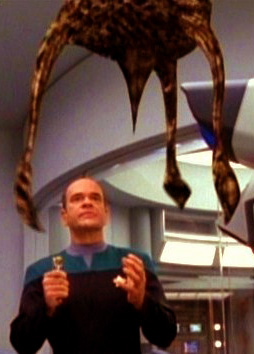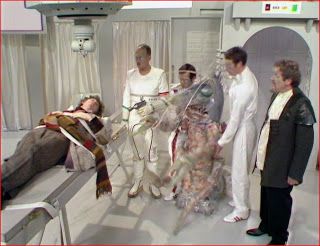The 5 kingdoms of life (plants, animals, fungi, Protista, bacteria) was replaced by the 3 Domains of life (eukarya = plants, animals, fungi and Protista; bacteria; and archea = extremophiles).
Now biologists have discovered 2 new species of giant viruses (that are bigger than some bacteria and can be seen using light microscopes) that have huge genomes (over 1000 genes, most viruses have less than 10 genes) and most of their genes a completely new to science (meaning they are evolutionarily not related to any other known life form)
It's still early, but we might need a 4th domain of life...
Checkout this summary from Nature, including a photo:
http://www.nature.com/news/giant-viruses-open-pandora-s-box-1.13410
As an evolutionary geneticists I'm excited about the possibilities
Now biologists have discovered 2 new species of giant viruses (that are bigger than some bacteria and can be seen using light microscopes) that have huge genomes (over 1000 genes, most viruses have less than 10 genes) and most of their genes a completely new to science (meaning they are evolutionarily not related to any other known life form)
It's still early, but we might need a 4th domain of life...
Checkout this summary from Nature, including a photo:
http://www.nature.com/news/giant-viruses-open-pandora-s-box-1.13410
As an evolutionary geneticists I'm excited about the possibilities



